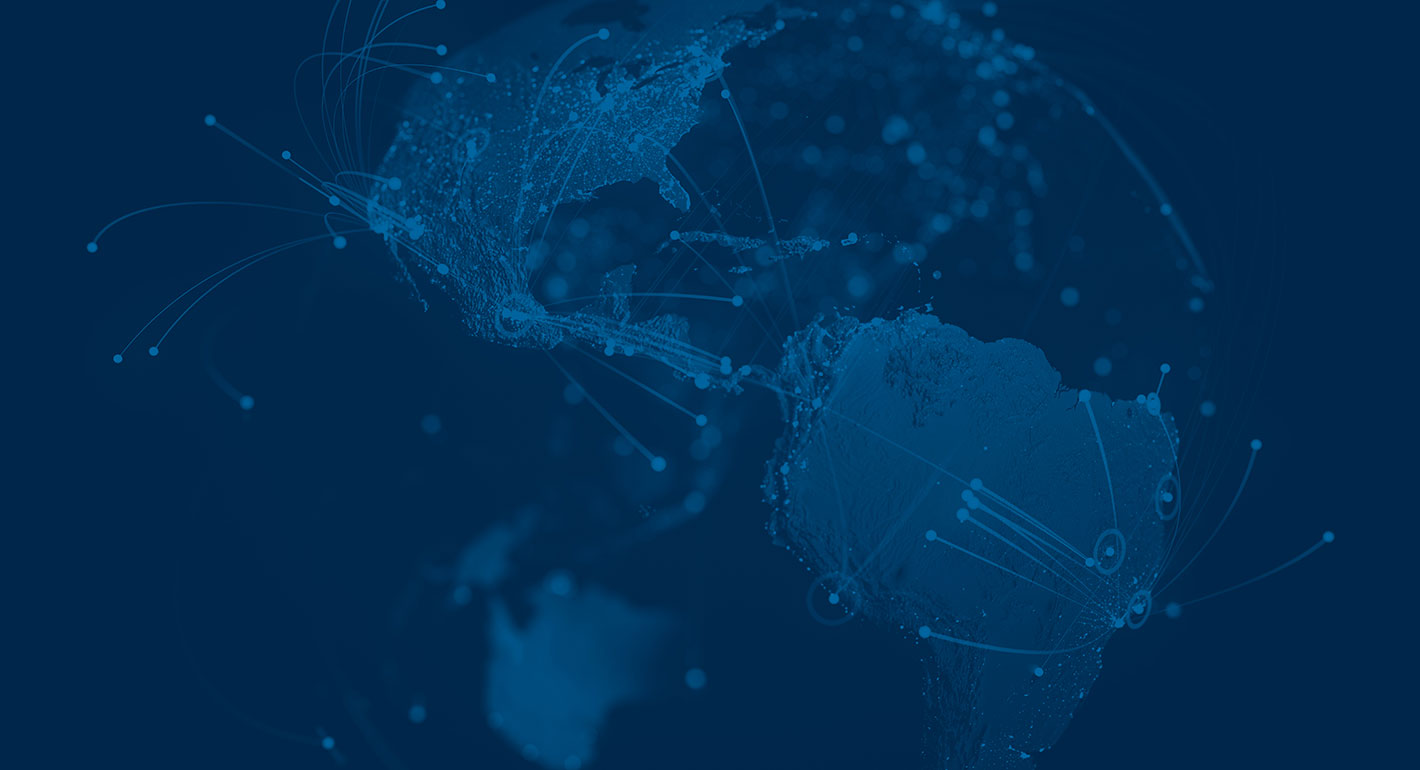
Ukraine needs more help. Are Washington and Brussels ready for it?

A survey of Black Americans shows a majority want the United States to call for an immediate and permanent ceasefire.

When U.S. Patriots shot down an Iranian missile over Erbil on April 15, Kurds wondered why such defenses weren’t activated when they were attacked.

If the law of war is to survive today’s existential challenges, the United States and its allies need to treat it not as an optional constraint to be adjusted or shrugged off as needed but as an unmoving pillar of the global legal order.

The release of U.S. aid to Ukraine is one of many steps necessary to contain Russian aggression. Western leaders must remind publics what is at stake and think ahead to avoid delays at every turn.

An assessment of the health of U.S. democracy and unpacking the risk of political violence surrounding the 2024 U.S. elections.

A discussion on a possible Israeli military response to Iran's recent attack.

In an interview, author Steve Coll discusses his latest book on the quarter-century minuet between the United States and the late Iraqi leader.

Democracy, migration, and influence from China and Russia are among the key issues at stake.
In a complex, changing, and increasingly contested world, the Carnegie Endowment generates strategic ideas and independent analysis, supports diplomacy, and trains the next generation of international scholar-practitioners to help countries and institutions take on the most difficult global problems and advance peace. Join our mailing list to become part of our network of more than 150 scholars in 20 countries.
Sign up to receive emails from Carnegie!